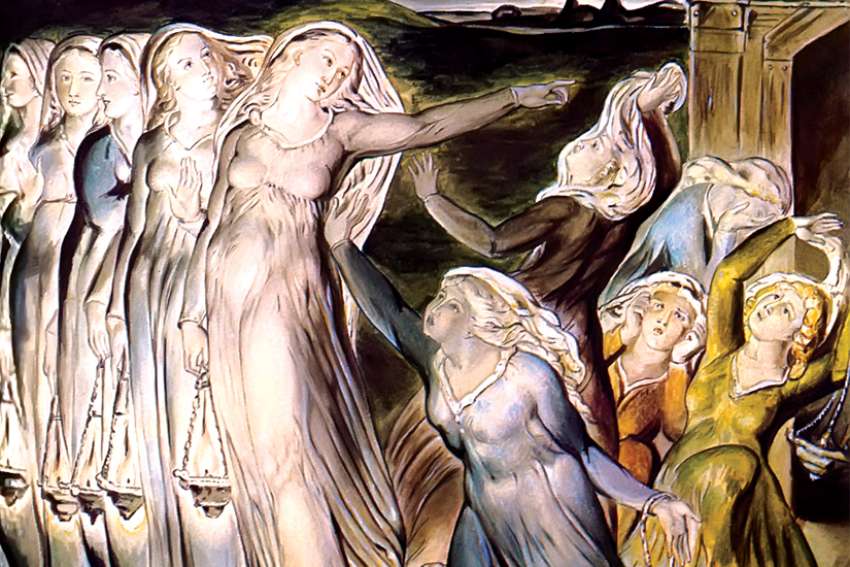From the youngest age, I had a phobia about lateness. I so hated to arrive late that I invariably arrived too early, with the consequence that I had to wait outside a venue, sometimes in the pouring rain, lest I appear too eager on the day. Occasionally someone would spot me, and I would sheepishly confess to my affliction.
This became more concerning when I moved to Australia, where I quickly discovered that punctuality, in most settings, was frowned upon. Invitations to parties often said “6 for 6:30” and to this day I’m not entirely sure what that meant.
But I confess to arriving a “few” minutes early to a number of parties in my first months Down Under, only to discover that even the hosts weren’t ready.
One time my acquaintance appeared, wrapped in a towel, having jumped out of the shower to answer the door. “Do you want to come in and wait?” he asked through gritted teeth. “No, no,” I responded, “I have an errand to run. I just wanted to make sure I had the right address.” When I returned an hour later, I was still one of the first to arrive. I wasn’t invited back.
I used to defend myself by quoting Shakespeare’s character, Ford, who says in The Merry Wives of Windsor, “better three hours too soon than a minute too late.” I felt that having the gravitas of the Bard behind my excess earliness gave me weight and justification for my odd proclivity. Until a Shakespearean scholar explained that Ford’s over-zealousness was a product of his deep-seated jealousy and was used as a way to mock him.
When I mentioned all this to a friend of mine, he told me the well-known joke about a priest’s retirement where the politician who was booked to give the farewell speech was late. The priest, helping to fill the time, told the story of the first confession he ever heard in the parish.
“It was a doozie. The parishioner, who shall remain nameless of course, confessed to stealing a television, cheating on his taxes and having an affair with his wife’s best friend!”
When the politician arrived, he quickly took to the podium and announced that he would never forget the beloved priest’s arrival at the parish. “In fact,” he announced proudly, “I had the honour of being the first person to go to him for confession.”
The moral of the story, it seems, is never, ever, be late! It resonated with me … not that I have anything to hide.
Over the years, though, I have often wondered what drives some of us to earliness and others to lateness. I read somewhere that punctuality may be driven from a fear that time is running out, with one comic reminding us that the “only person who got everything done by Friday was Robinson Crusoe.”
Interestingly enough, there is more research that’s been conducted on those who are chronically late than on early birds. The latter not only “catches the worm,” but is often defined as respectful, industrial, caring and more.
The Bible offers various interpretations of the issue, though usually its ruminations gesture towards a deeper meaning of time and preparedness. Perhaps the best-known story of tardiness is the one about the 10 virgins and their lamps. Five of the virgins choose to dawdle and under-prepare for a wedding feast. Realizing too late that they had forgotten to get sufficient oil for their lamps, they rush out of the banquet hall to get some, only to find themselves shut out of the wedding when they return. The host of the event refuses to heed their prayers to be admitted late, telling them, “keep watch, because you do not know the day or the hour” (Matthew 25: 1-13).
Needless to say, this story demonstrates the need to be prepared for the day of judgment. If we wait until the final moment to get our affairs in order, the doors of welcome will be firmly closed to us. Grace can never merely be an afterthought.
In the end, Ecclesiastes gets it right, reminding us that there is a season, there is a time, and indeed a timeliness, to everything. Even as I type these words, I hear the beautiful melody written by Pete Seeger and made popular by The Byrds: “Turn, turn, turn.” The lyrics draw almost word for word from the King James Bible translation of Ecclesiastes 3: 1-8, reminding us that, “To every thing there is a season, and a time to every purpose under the Heaven.”
So this year, my resolution is to arrive at this understanding in a timely manner. Just in the nick of time.
(Turcotte is president of St. Mary’s University in Calgary.)


